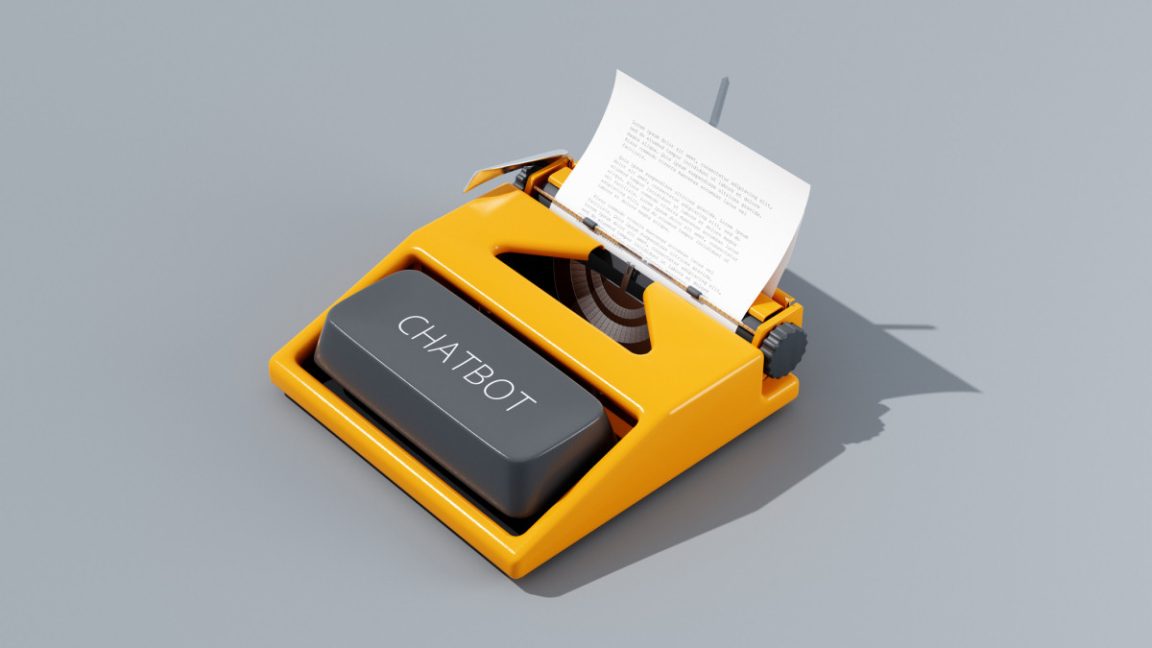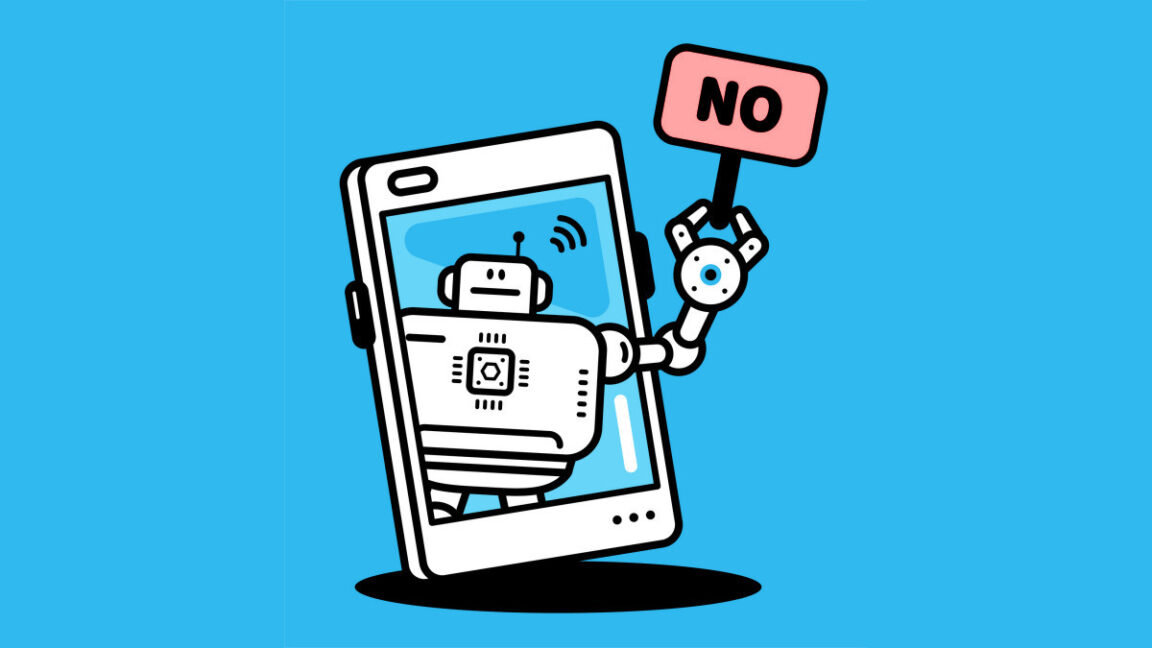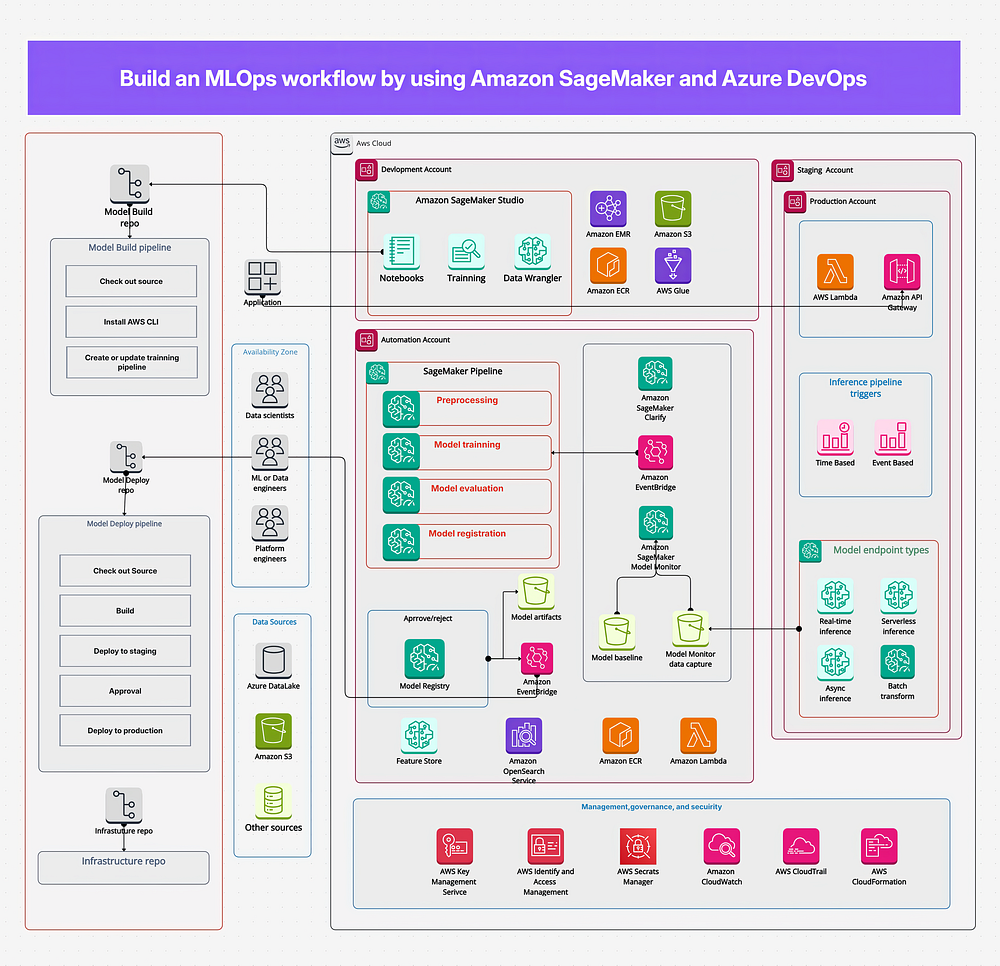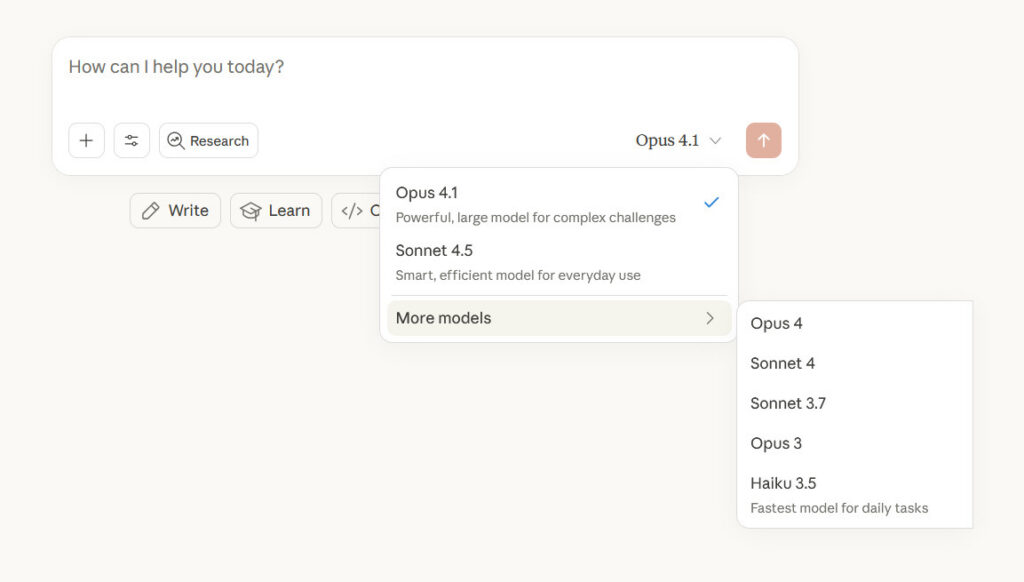Introduction to the Chicago Sun-Times Summer Reading List
The Chicago Sun-Times recently published a "Summer reading list for 2025" supplement that has sparked controversy online. Novelist Rachael King initially called attention to the error on Bluesky, pointing out that the list was "almost entirely made up of real authors but completely fake books."
The Error and Community Reaction
So far, community reaction to the list has been largely negative online, but others have expressed sympathy for the publication. Freelance journalist Joshua J. Friedman noted on Bluesky that the reading list was "part of a ~60-page summer supplement" published on May 18, suggesting it might be "transparent filler" possibly created by "the lone freelancer apparently saddled with producing it."
The Staffing Connection
The reading list appeared in a 64-page supplement called "Heat Index," which was a promotional section not specific to Chicago. The publication error comes two months after the Chicago Sun-Times lost 20 percent of its staff through a buyout program. In March, the newspaper’s nonprofit owner, Chicago Public Media, announced that 30 Sun-Times employees—including 23 from the newsroom—had accepted buyout offers amid financial struggles.
Impact of Staff Reduction
A March report on the buyout in the Sun-Times described the staff reduction as "the most drastic the oft-imperiled Sun-Times has faced in several years." The departures included columnists, editorial writers, and editors with decades of experience. Melissa Bell, CEO of Chicago Public Media, stated at the time that the exits would save the company $4.2 million annually.
Reader Reaction
Even with those pressures in the media, one Reddit user expressed disapproval of the apparent use of AI in the newspaper, even in a supplement that might not have been produced by staff. "As a subscriber, I am livid! What is the point of subscribing to a hard copy paper if they are just going to include AI slop too!?" wrote Reddit user xxxlovelit, who shared the reading list. "The Sun Times needs to answer for this, and there should be a reporter fired."
Conclusion
The controversy surrounding the Chicago Sun-Times summer reading list highlights the challenges faced by the media industry in terms of staffing and content creation. While the use of AI-generated content may be seen as a cost-effective solution, it can also lead to errors and a loss of credibility.
FAQs
- Q: What was the controversy surrounding the Chicago Sun-Times summer reading list?
A: The list was found to be "almost entirely made up of real authors but completely fake books," sparking outrage and disappointment among readers. - Q: What was the possible reason behind the error?
A: The error may have been due to the use of AI-generated content, possibly created by a lone freelancer. - Q: How did the community react to the list?
A: The community reaction was largely negative, with some readers expressing sympathy for the publication while others called for accountability and action. - Q: What was the impact of the staff reduction on the Chicago Sun-Times?
A: The staff reduction led to the loss of 20 percent of the staff, including experienced columnists, editorial writers, and editors, which may have contributed to the error in the summer reading list.











